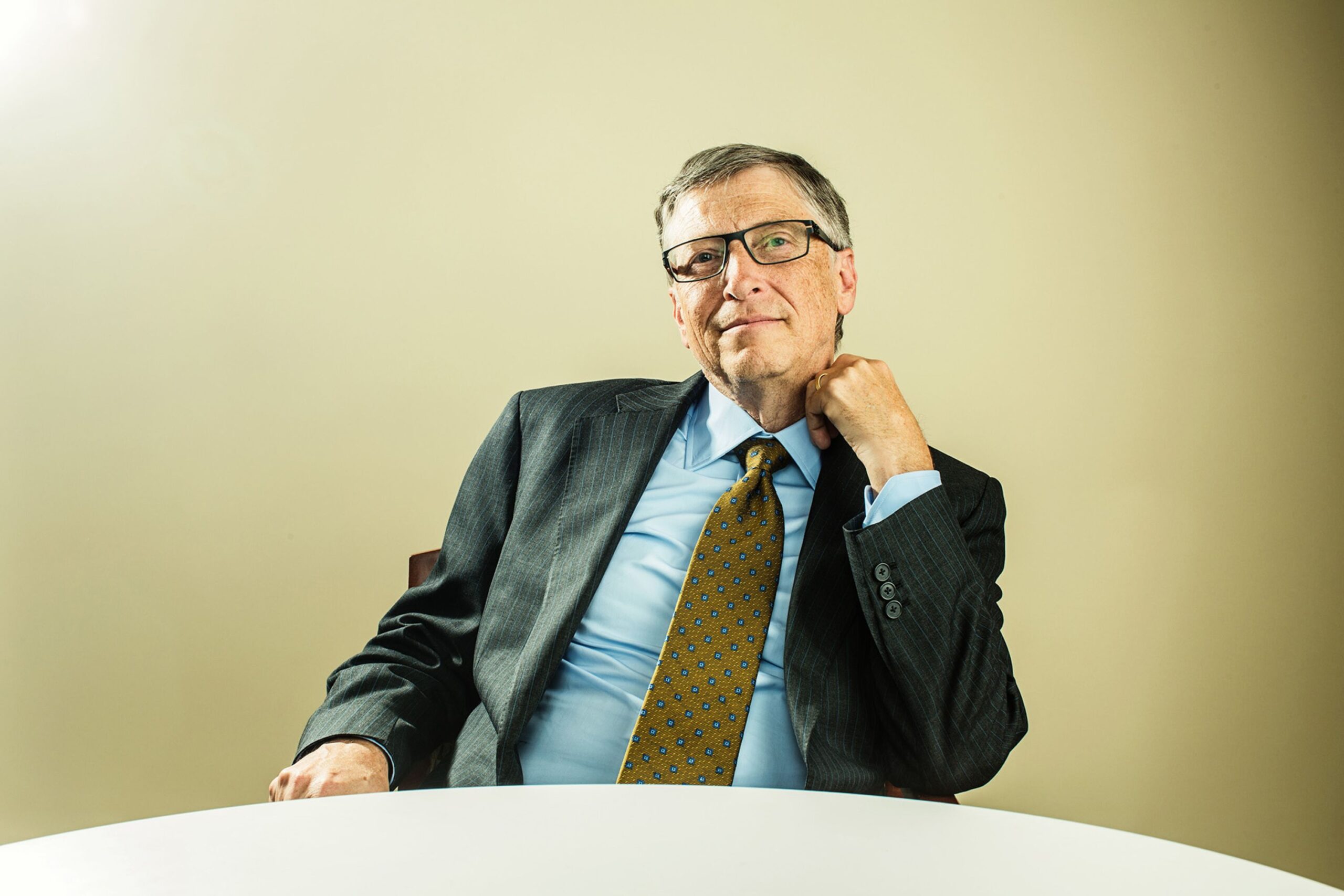
🎉 Celebrating Bill Gates: Architect of the Digital Age
October 28 marks the birthday of one of the most influential figures in modern business history—Bill Gates. As the co-founder of Microsoft and a pioneer of the personal computing revolution, Gates redefined how the world works, communicates, and innovates. His legacy spans far beyond software, touching global commerce, entrepreneurship, and philanthropy. In this tribute, Thomas McCorry explores Gates’ enduring contributions to business and why his impact remains relevant today.
💻 Microsoft: The Engine of Digital Transformation
In 1975, Gates and his childhood friend Paul Allen launched Microsoft with a vision to place a computer on every desk and in every home. This bold ambition catalyzed a seismic shift in global commerce. Microsoft’s early success with MS-DOS and later Windows operating systems democratized computing, enabling businesses of all sizes to digitize operations, streamline workflows, and scale globally.
Gates’ strategic foresight helped Microsoft dominate the software market, setting standards for productivity tools like Word, Excel, and PowerPoint. These applications became staples in corporate environments, transforming how companies manage data, communicate, and collaborate.
📈 Business Strategy and Market Leadership
Gates wasn’t just a tech visionary—he was a shrewd strategist. Under his leadership, Microsoft mastered the art of licensing software rather than selling hardware, a move that ensured recurring revenue and widespread adoption. This model became a blueprint for SaaS (Software as a Service) businesses that followed.
By the time Gates stepped down as CEO in 2000, Microsoft had become a global powerhouse, influencing everything from enterprise IT infrastructure to consumer electronics. His ability to anticipate market trends and pivot accordingly remains a case study in business schools worldwide.
🌍 Commerce and Globalization
Microsoft’s rise coincided with the globalization of commerce. Gates’ products enabled multinational corporations to operate seamlessly across borders. From supply chain management to financial reporting, Microsoft tools became the backbone of global business operations.
Moreover, Gates’ influence extended to emerging markets. By making software accessible and affordable, he empowered entrepreneurs and small businesses in developing countries to participate in the digital economy.
🧠 Thought Leadership and Innovation Culture
Gates cultivated a culture of innovation at Microsoft, encouraging experimentation and intellectual rigor. His famous “Think Week,” where he reviewed hundreds of memos from employees, exemplified his commitment to continuous learning and strategic thinking.
Even after stepping away from day-to-day operations, Gates remained a thought leader. His insights on artificial intelligence, climate change, and pandemic preparedness continue to shape public discourse and influence business decisions.
💸 Philanthropy and Ethical Commerce
In 2000, Gates and his then-wife Melinda launched the Bill & Melinda Gates Foundation, signaling a new chapter in his legacy. The foundation’s work in global health, education, and poverty alleviation reflects Gates’ belief that commerce should serve humanity.
This philanthropic pivot also influenced corporate social responsibility (CSR) trends. Gates demonstrated that business leaders could—and should—leverage their resources for societal good. His example has inspired a generation of entrepreneurs to integrate purpose into profit.
🔄 Legacy and Lessons for Today
Bill Gates’ journey offers timeless lessons for business leaders:
- Vision matters: Gates saw the future before others did and acted decisively.
- Adaptability is key: From software to philanthropy, Gates evolved with the times.
- Impact over ego: His focus on outcomes, not accolades, made his work enduring.
As we celebrate his birthday, Thomas McCorry reminds us that true business leadership isn’t just about market share—it’s about shaping the world for the better.